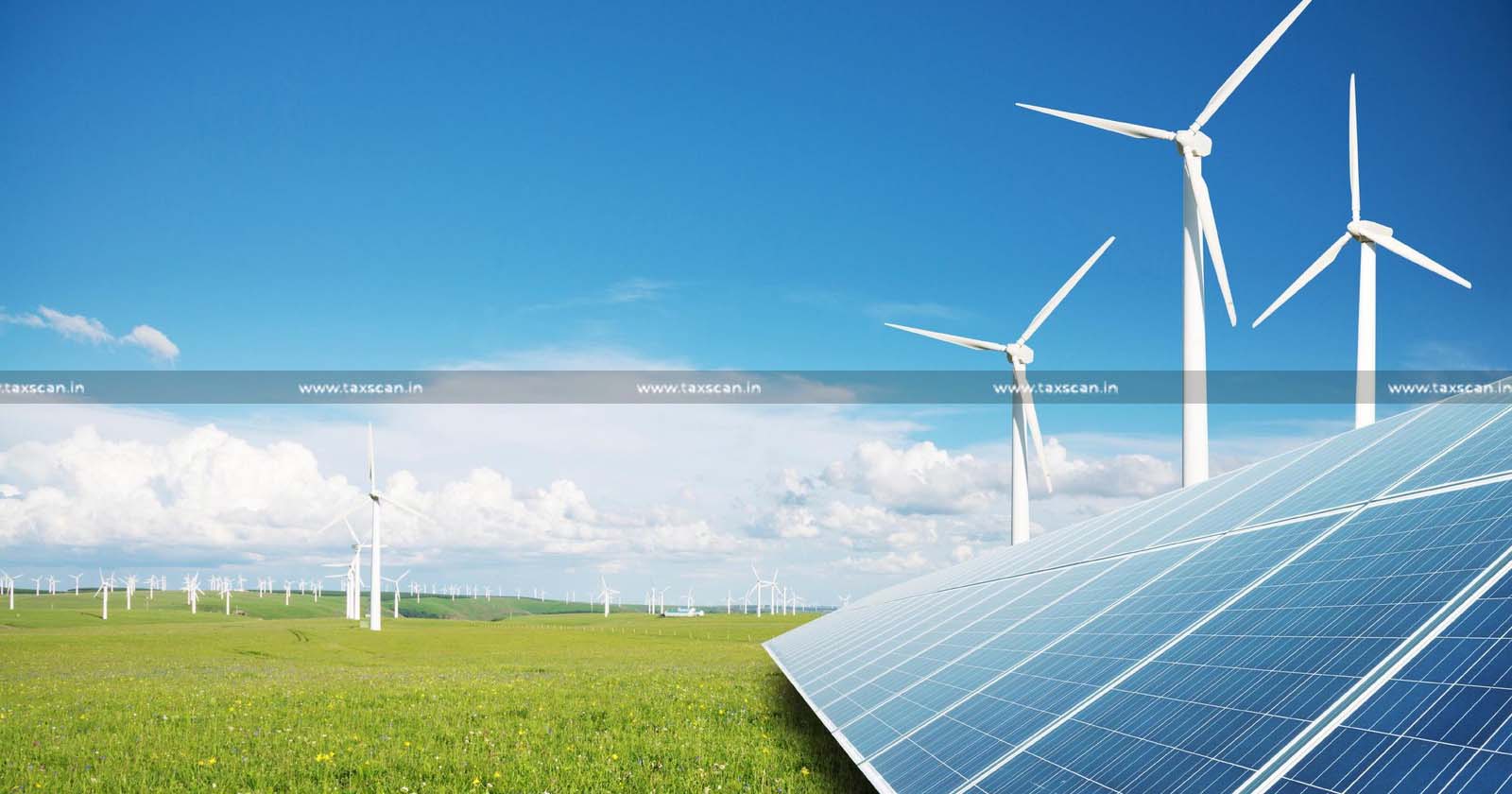Budget 2023: Renewable Energy driven capacity growth in Electricity Sector observed, says Economic Survey [Read Report]

Budget 2023 – Renewable Energy – capacity growth – Electricity Sector – Economic Survey – budget 2023 live – union budget 2023 – nirmala sitharaman budget – nirmala sitharaman union budget – nirmala sitharaman – Taxscan
Budget 2023 – Renewable Energy – capacity growth – Electricity Sector – Economic Survey – budget 2023 live – union budget 2023 – nirmala sitharaman budget – nirmala sitharaman union budget – nirmala sitharaman – Taxscan
The Economic Survey 2023, tabled before the parliament by the Finance Minister Nirmala Sitharaman reviews the performance of the Indian economy to date and lays the road ahead for the next fiscal year.
The survey, among other things, observed the drive in installed capacity growth by renewable energy in the electricity and energy sectors.
“The installed capacity in utilities was 399.5 GW on 31 March 2022 as against 382.1 GW a year back (higher by 4.5 per cent). Thermal sources of energy make up the largest (59.1 per cent) share of total installed capacity in utilities, followed by renewable energy resources with 27.5 per cent and hydro with 11.7 per cent”, the economic survey observed.
Further observing the positive steps towards greener energy, it was noted that there has been a gradual transition in India’s energy sector from the conventional sources to the non-fossil fuel sources. India is steadfast in its commitments towards non-fossil fuel-based energy resources.
The target, put in place, of achieving 50 per cent cumulative installed capacity for generating electric power from non-fossil fuel-based energy resources by 2030 in India was also mentioned in the survey of 2023.
The growth of 16.2% in gross electricity generation (GigaWatt hours) was observed to be very positive towards growth of sustainable energy sources.
As on 30 September 2022, the government has sanctioned the entire target capacity of 40 GW for the development of 59 Solar Parks in 16 states, the survey noted while observing the steps taken towards reducing carbon footprints of the farm sector.
It was further stated that, “Indian Railways, which is a major user of electricity in the country, has announced its intention to achieve net zero carbon emission by 2030” while revisiting the solar and wind power initiatives, producing green energy to the tune of 246 MegaWatts.
The participation of the private sector and involvement of the government by giving incentives as Hydropower Purchase Obligation (HPO) within Non-Solar Renewable Purchase Obligation (RPO) were also highlighted as promotional measures towards renewable power generation and the boosting the overall generation capacity, while bringing down unit costs over a short period.
To Read the full text of the REPORT CLICK HERE
Support our journalism by subscribing to Taxscan premium. Follow us on Telegram for quick updates


